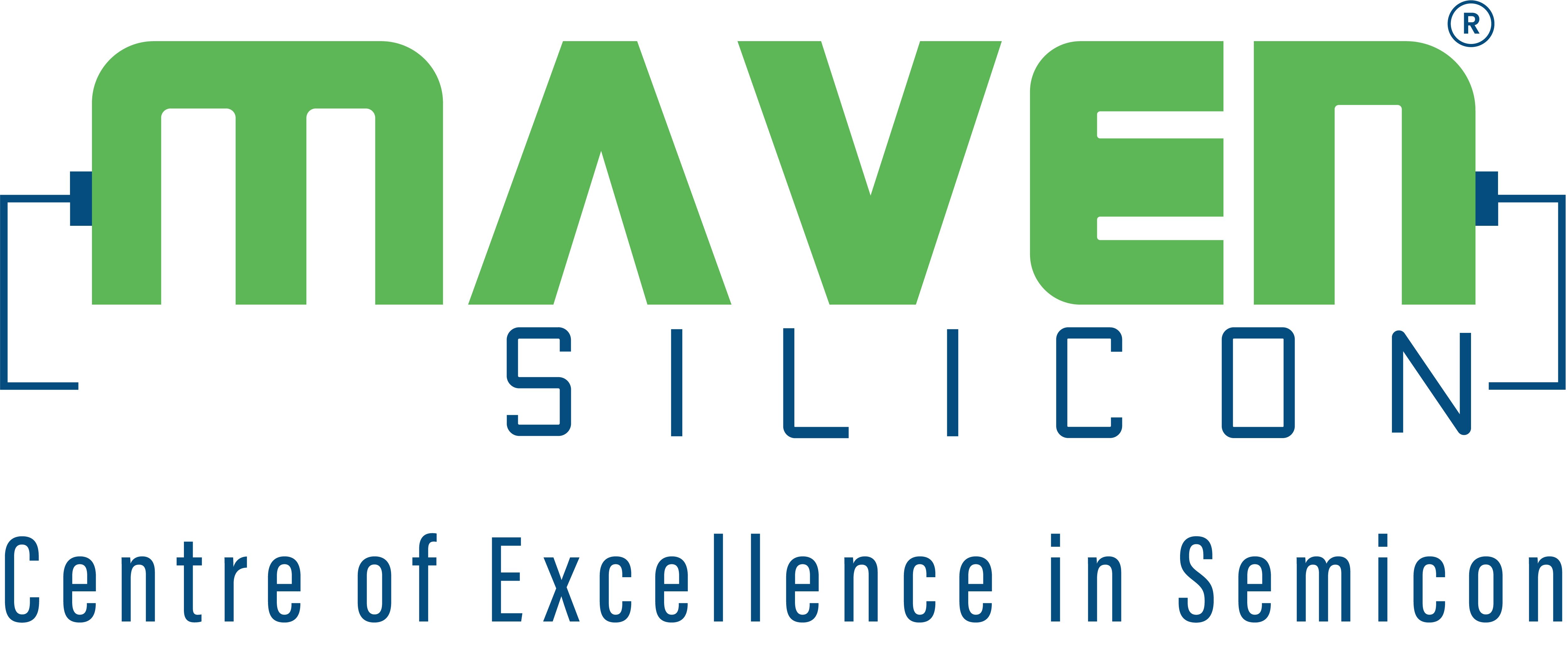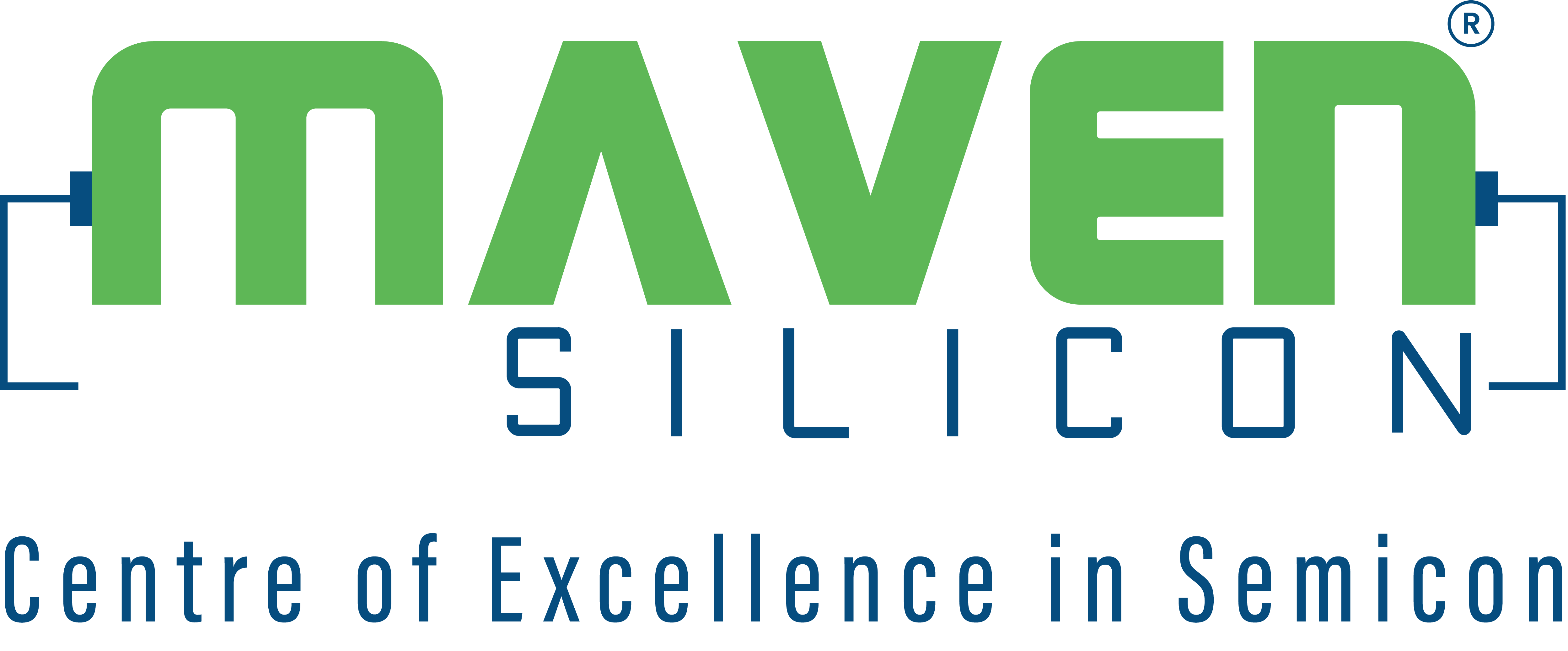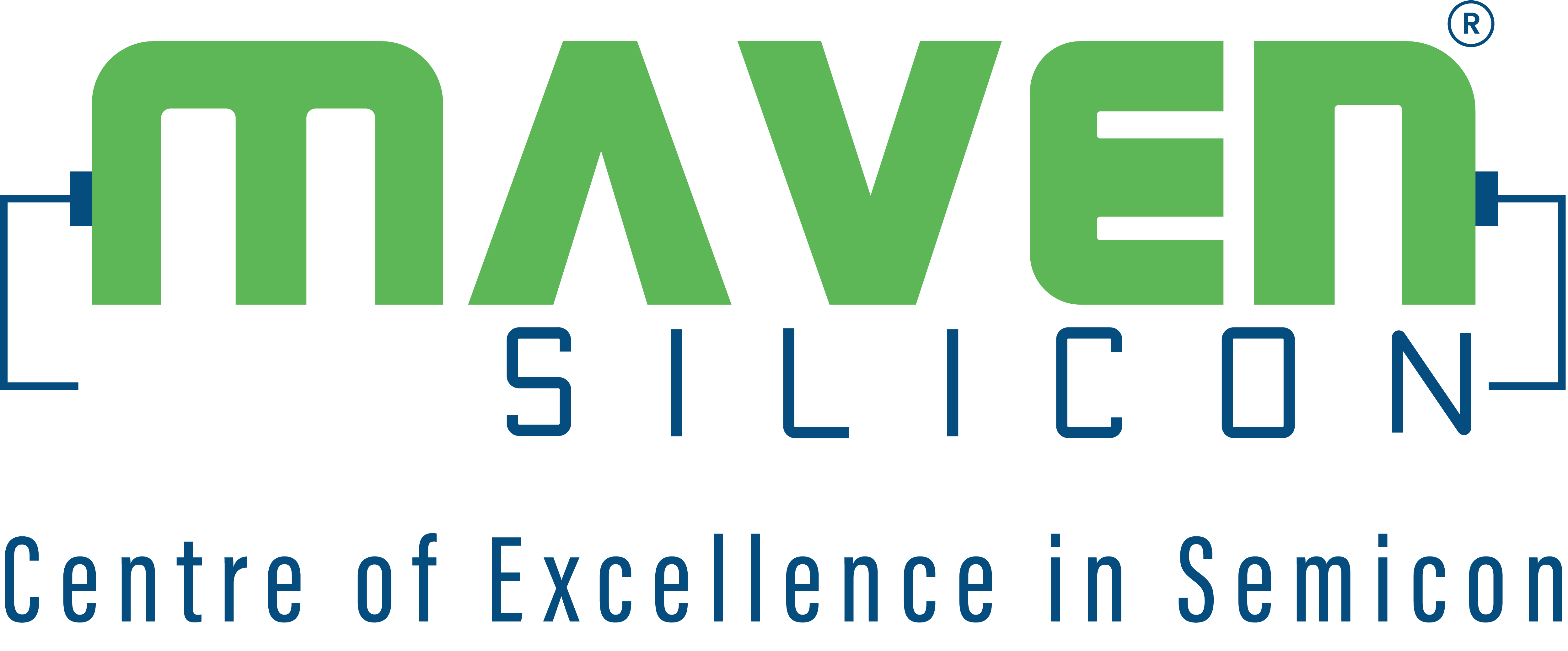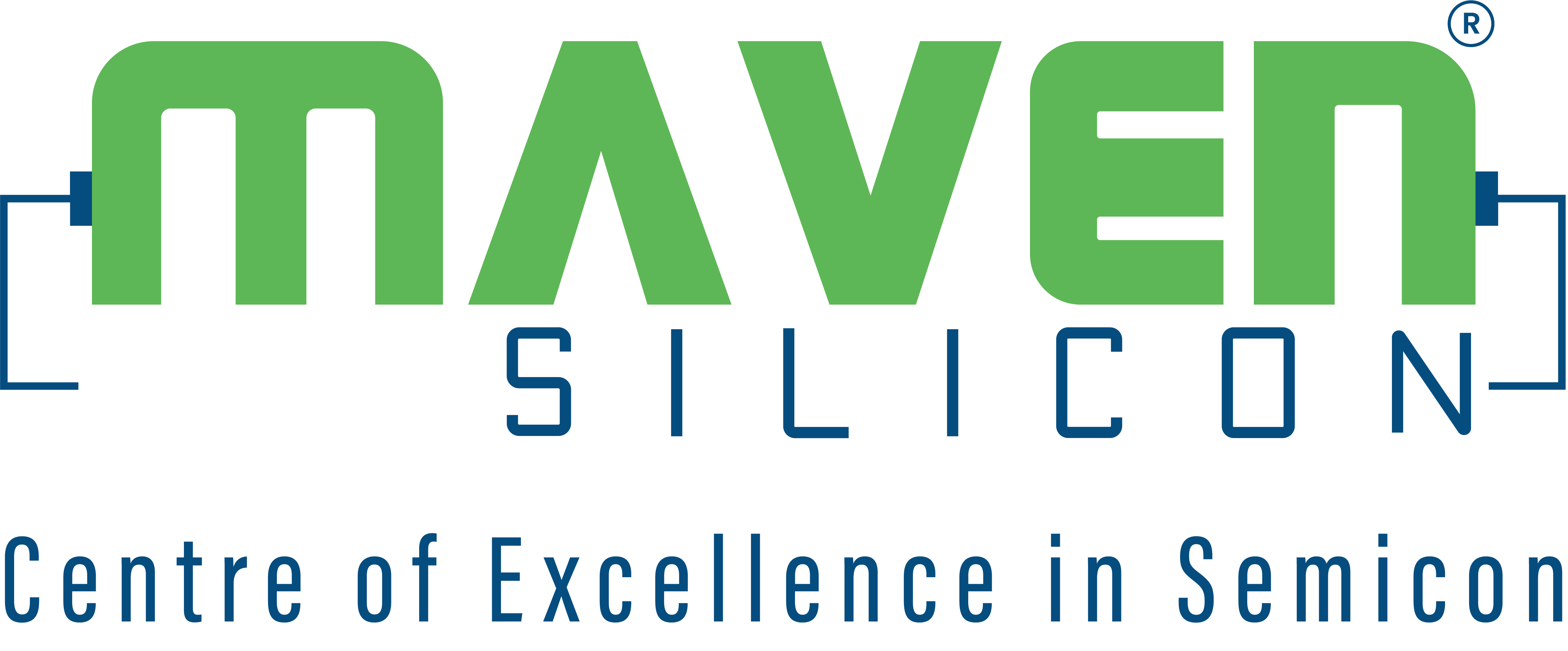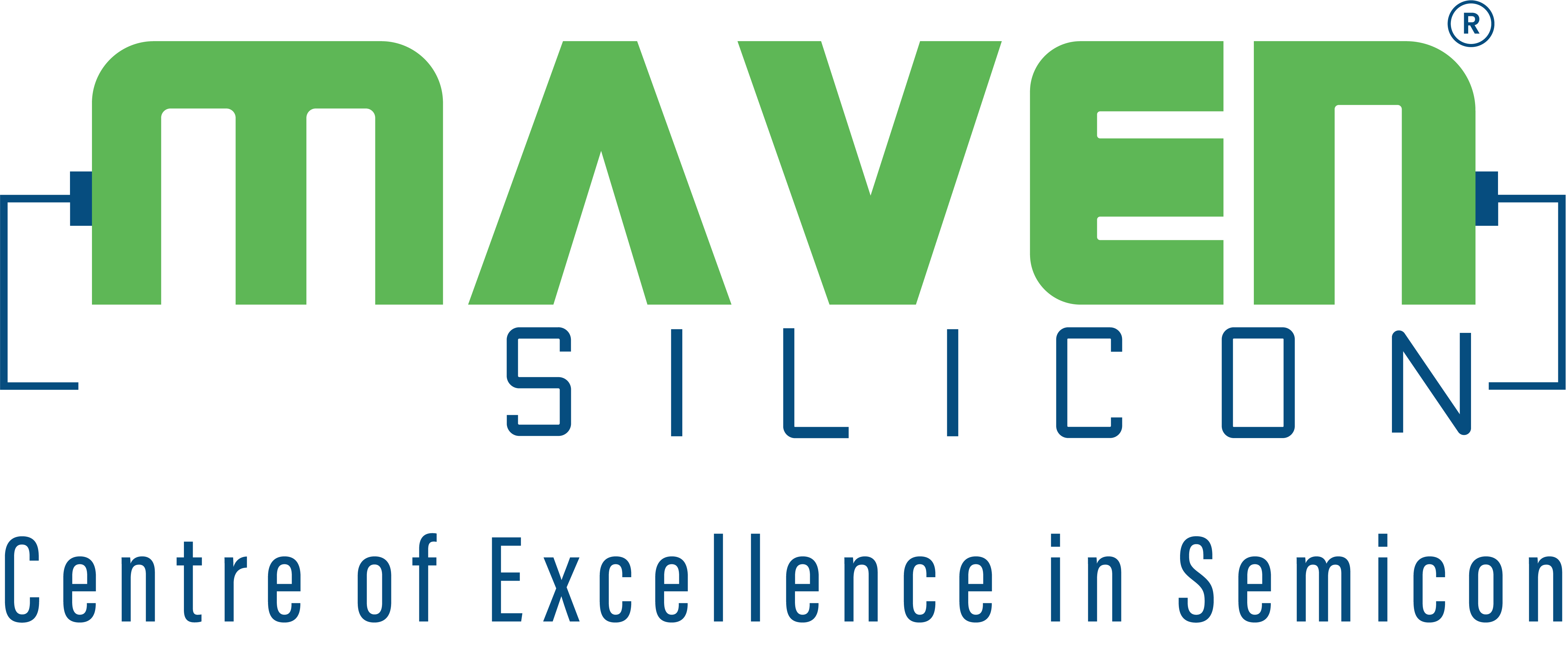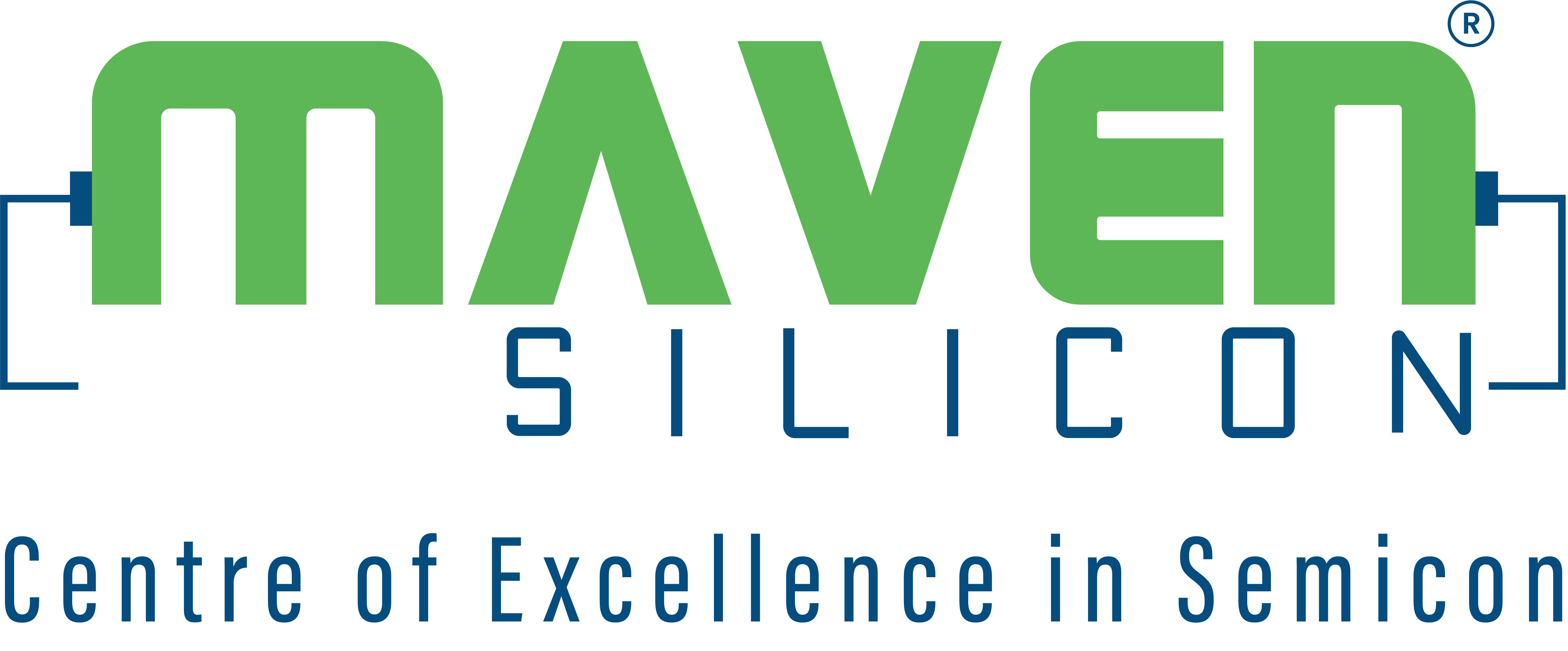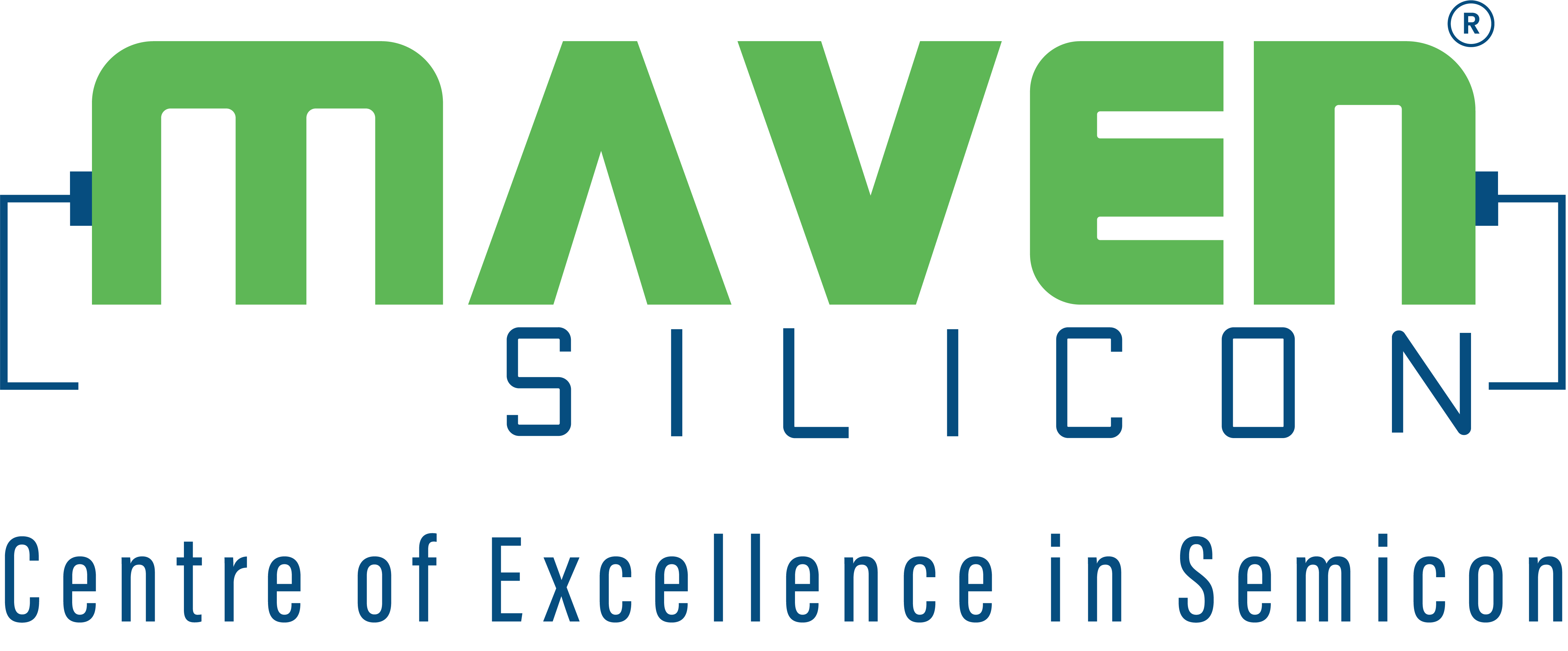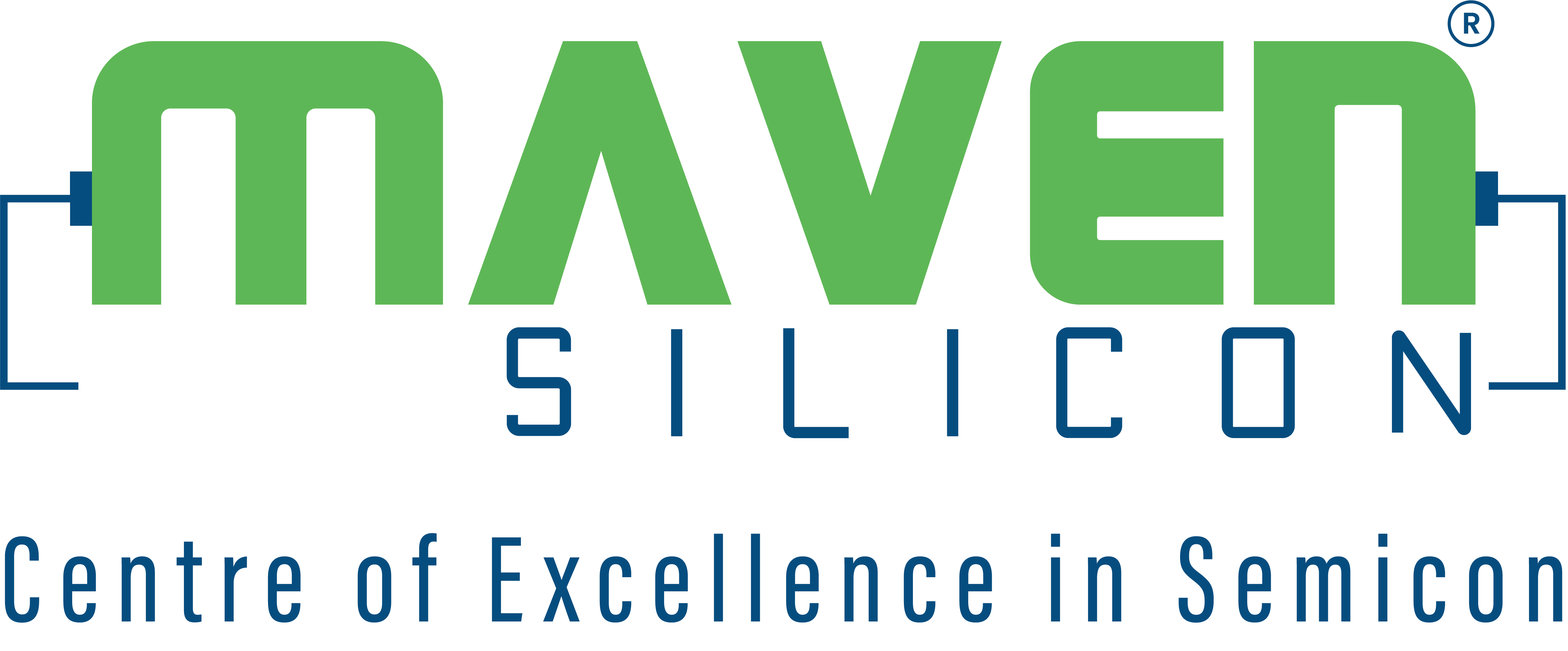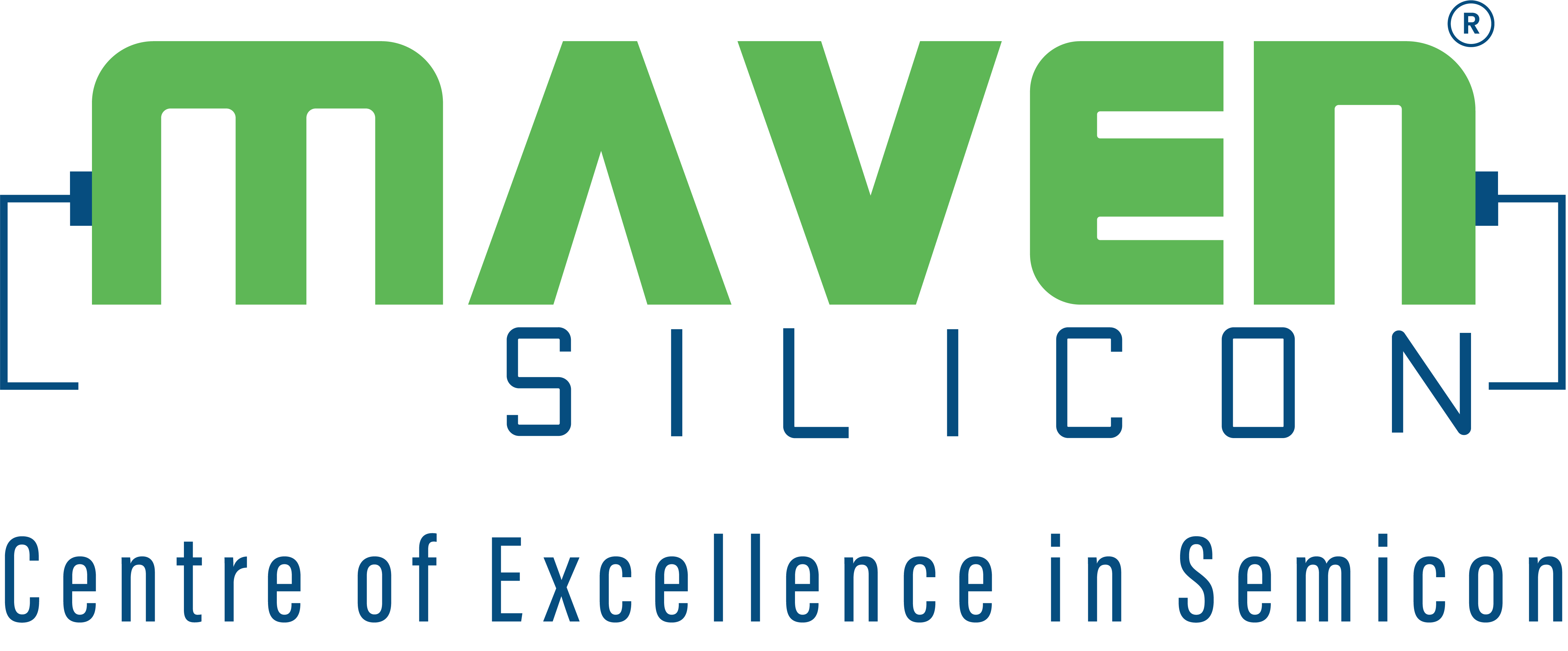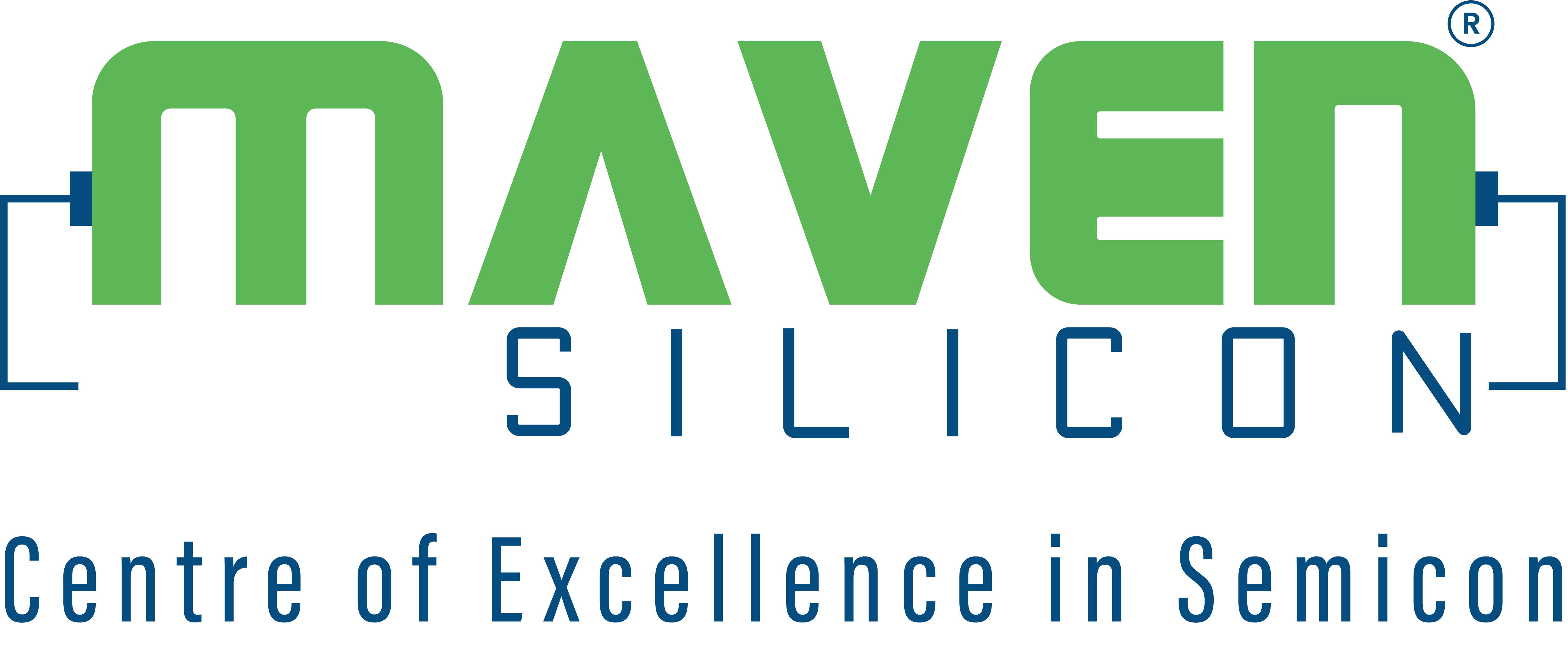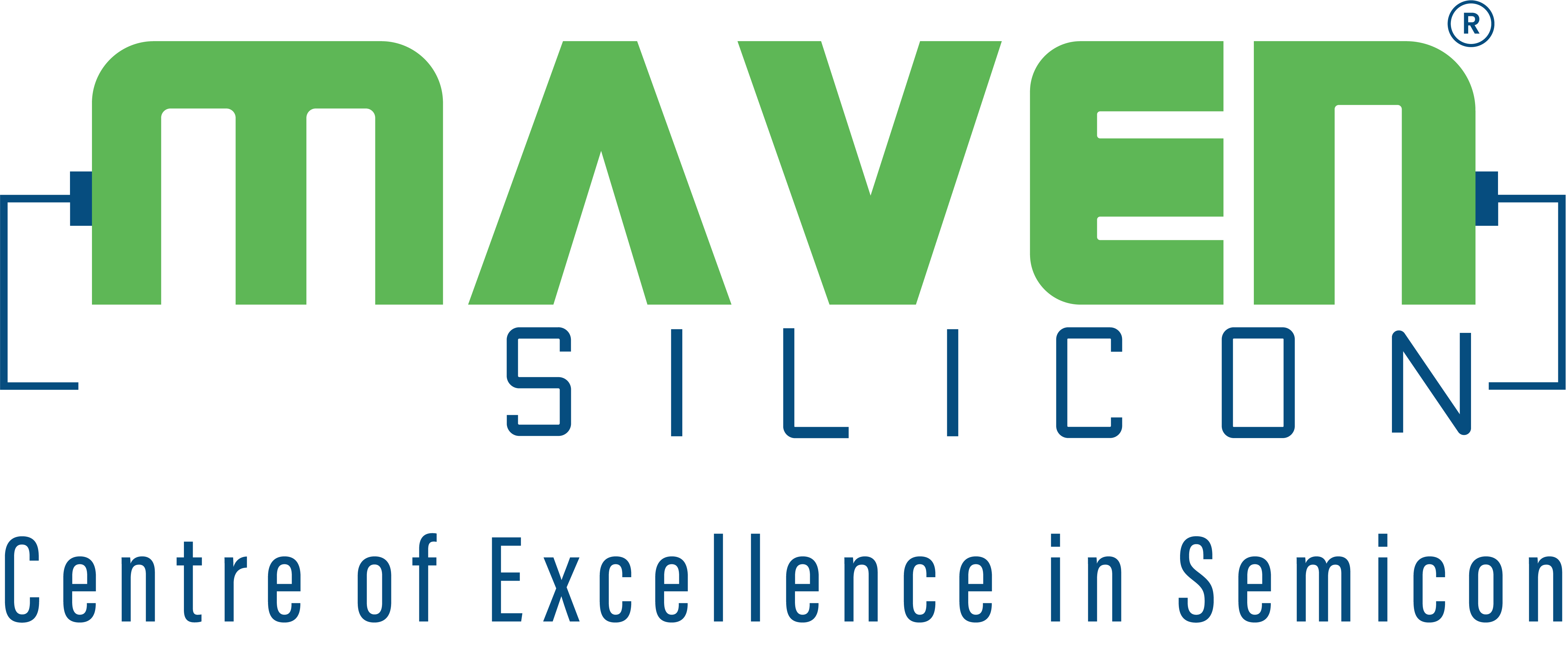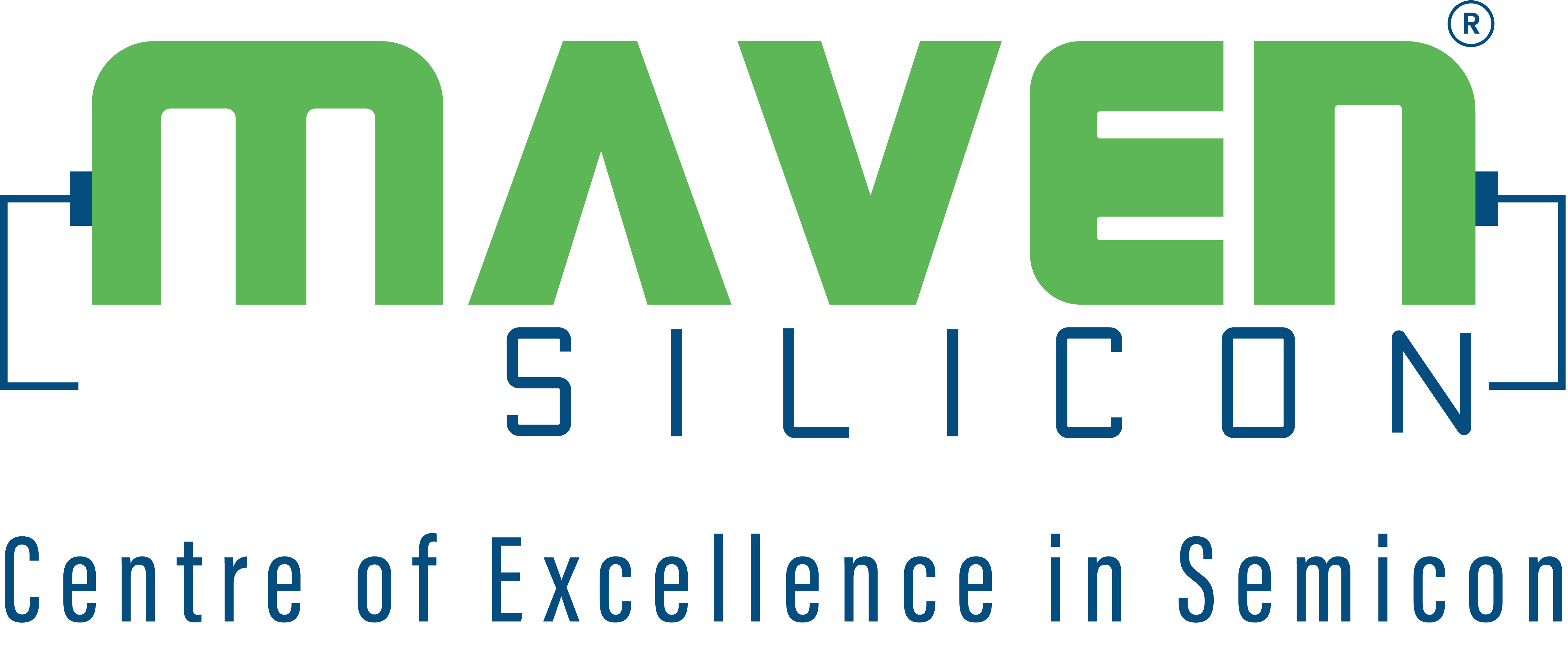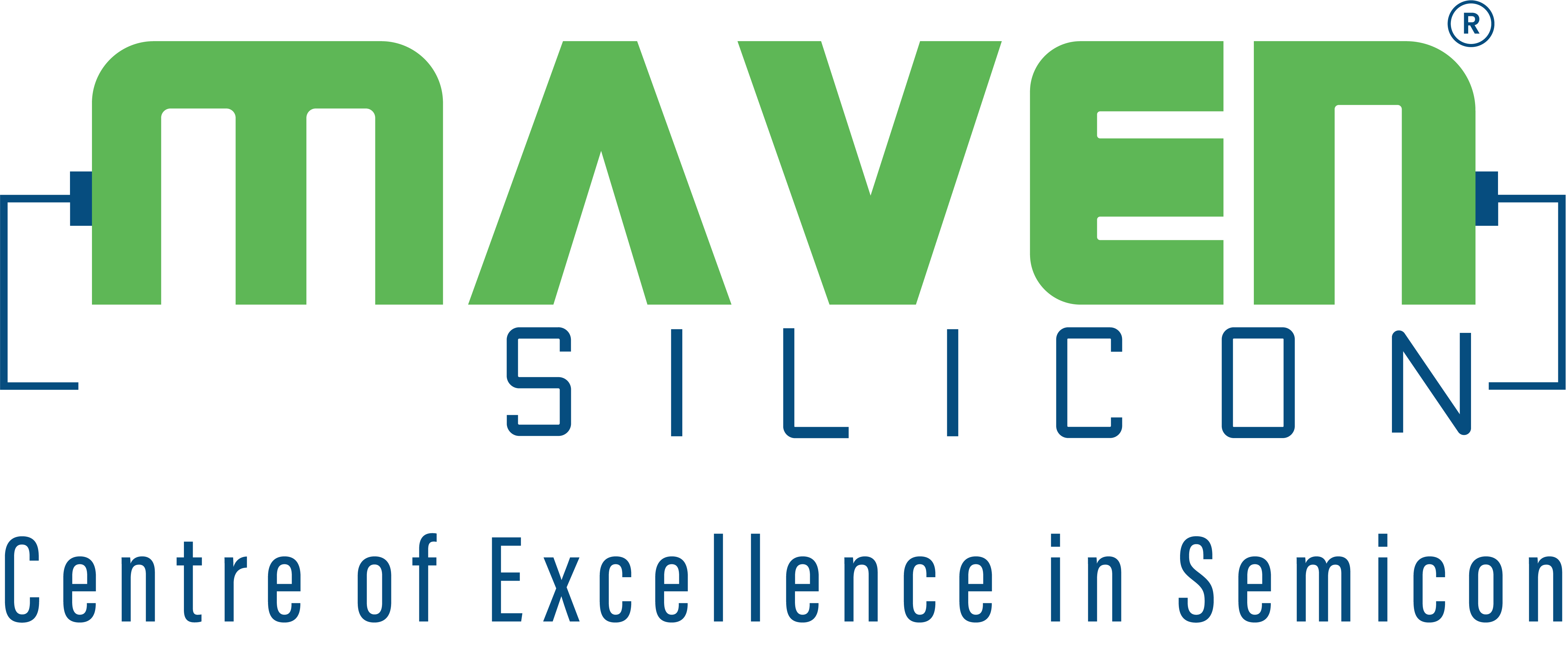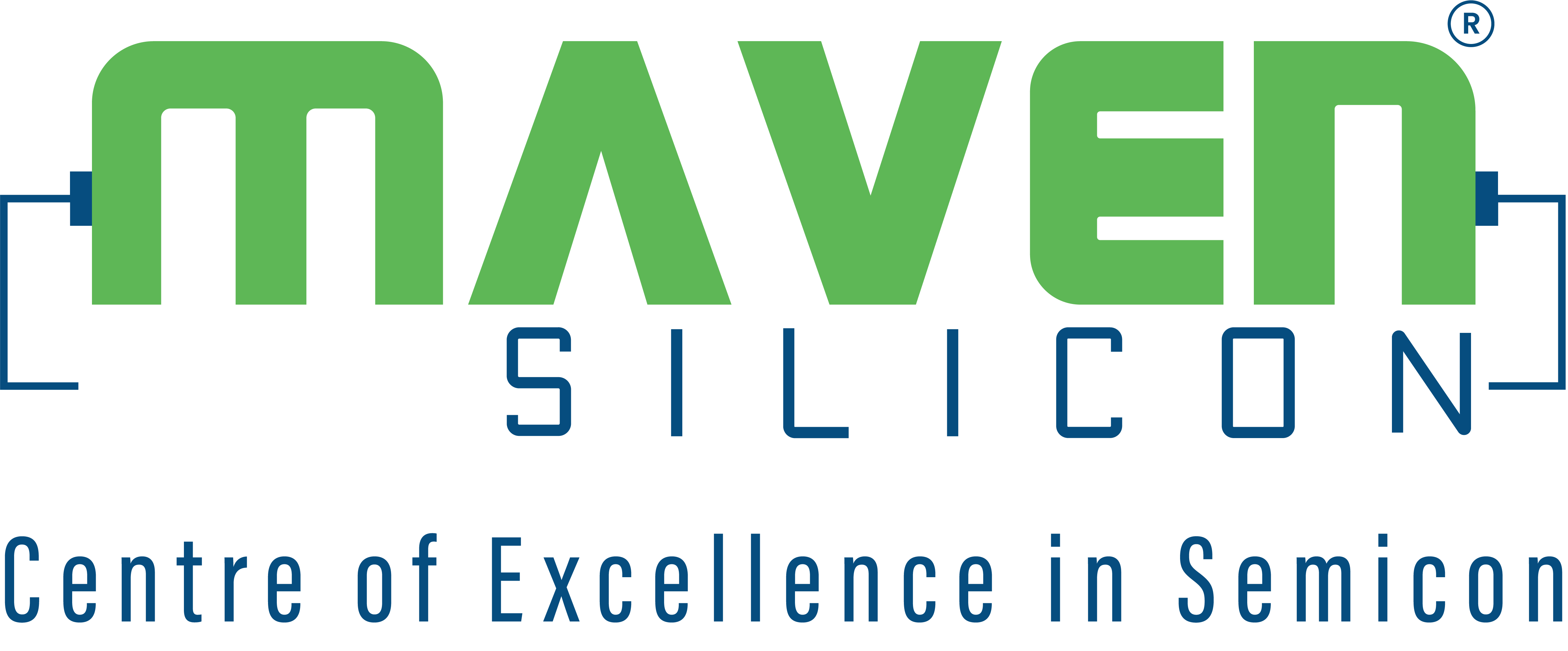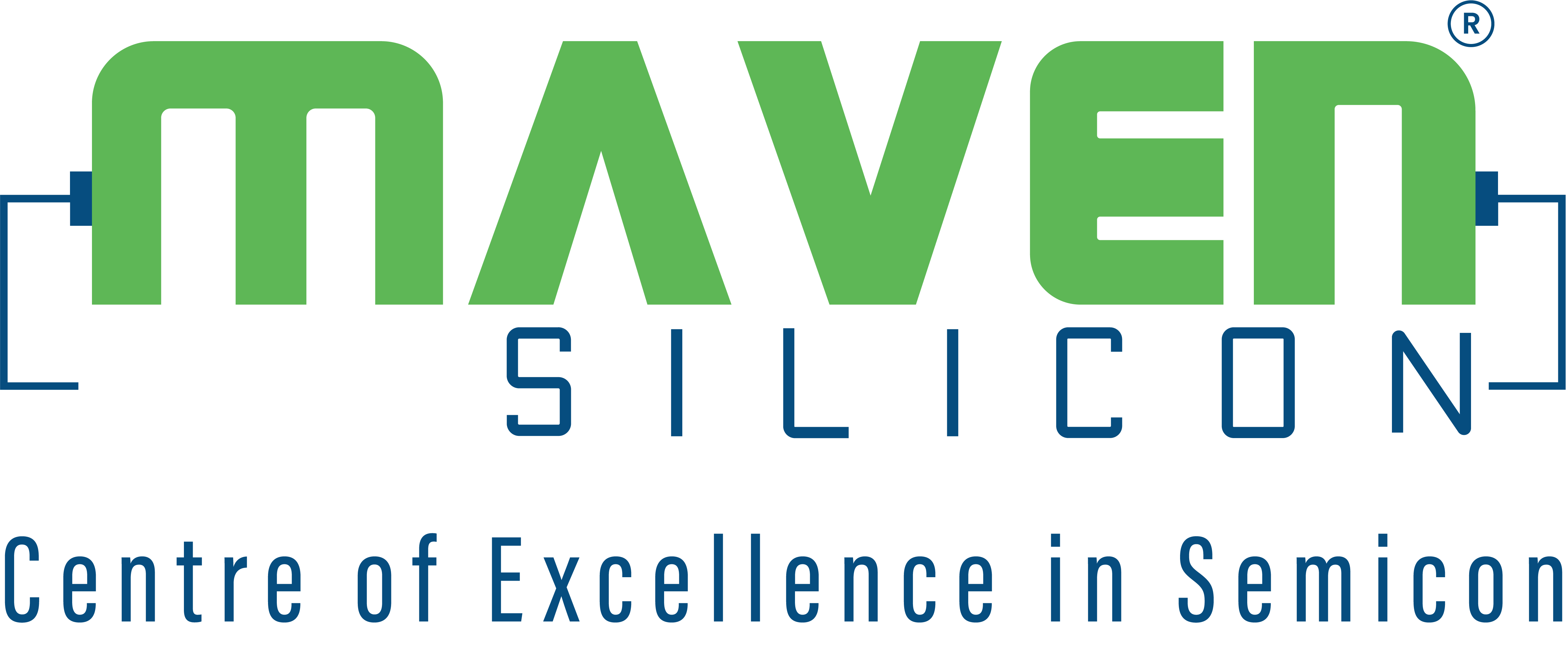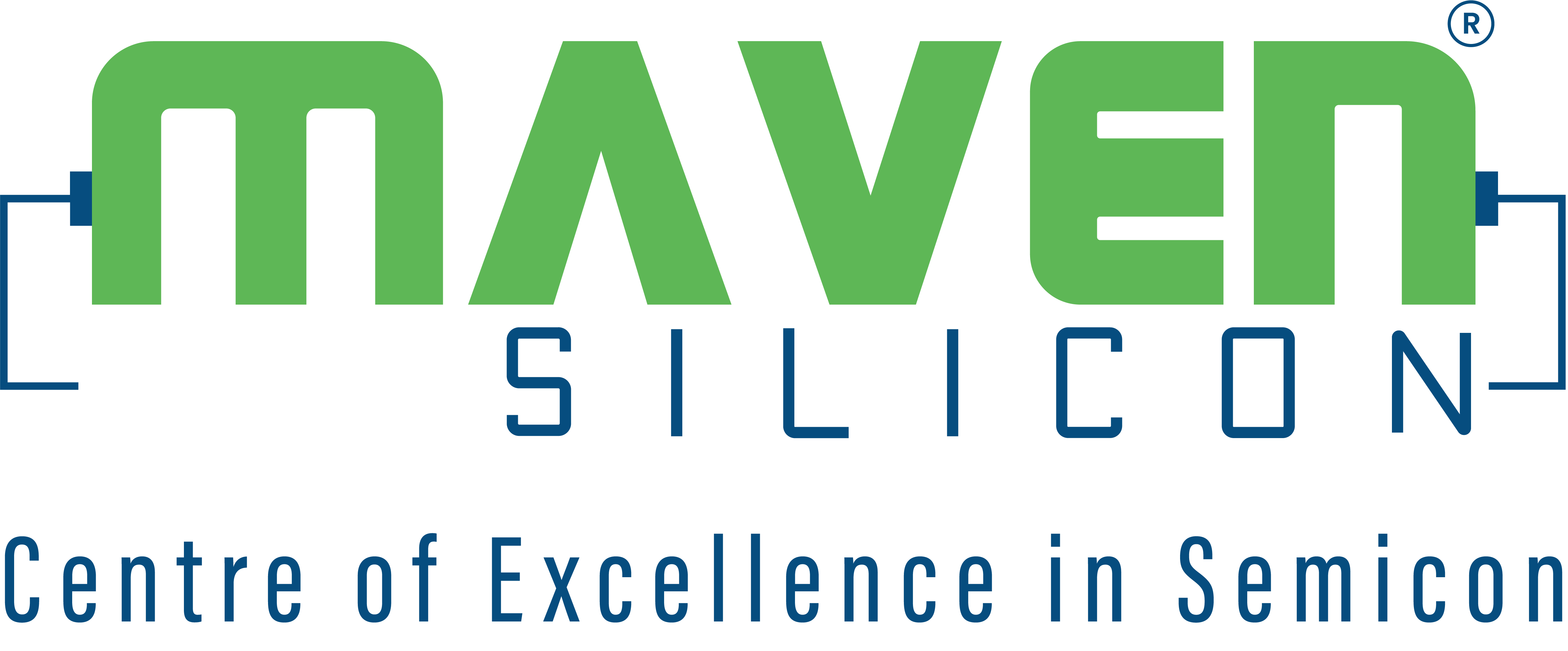
Executive Certification in RISC-V IP Verification
About the Course:
The RISC-V Processor is becoming very popular and influential, like the open-source operating system Linux, as it's based on the RISC-V open ISA [Instruction Set Architecture] - open and license-free. In this AI era, chip designers are empowered with open computing solutions like RISC-V Open ISA to design powerful AI chips using various processors and accelerators. As RISC-V Open ISA democratizes processor design, chip designers can now dream of independently creating their own processors and chips with their innovations. So, it's the right time for chip designers and VLSI enthusiasts to explore the RISC-V Open ISA and how to design a RISC-V processor.
This course will cover the RISC-V ISA, which includes Base ISAs, Privilege Architecture - Machine, Supervisor and Hypervisor ISAs, RISC-V Standard Extensions, Interrupts, PMP, and RISC-V Debug. Also, as part of this hands-on course, you will learn CPU architecture, RISC-V IP Verification using SystemVerilog and UVM, ASIC Verification Methodologies, Formal Verification, Low Power Verification, Portable Stimulus Standard, with various Case Studies.
In this course you will verify a multi-stage RISC-V Pipeline Processor – exploring RTL IP verification using formal verification, SystemVerilog, UVM, and RISC-V CPU compliance testing. This project experience will help you deal with verifying any complex RISC-V CPUs and IPs, and creating Verification IPs.
Our Students Rate This Course
Trainer
Program Fee
Rs 1,50,000 + GST
Available Seats
100
Schedule
9 Months
Only Few Seats Left
Reviews
Testimonials
NEWS & UPDATES
Career Transitions
55% Average Salary Hike
$1,27,000 Highest Salary
800+ Career Transitions
300+ Hiring Partners
Who Can Apply for the Course?
- Anyone with a bachelor’s degree and a passion for VLSI
- Professionals looking to grow their career in VLSI
- Any IT Professional with a bachelor’s degree looking to transition into VLSI design and semiconductor technologies
- Project/Product Managers aiming to transition into or deepen their understanding of VLSI and chip design
- Engineers who aspire to use industry-standard EDA tools and build their own chips from concept to layout

About Program
At iHUB DivyaSampark, we are driven by the belief that young, innovative minds have immense potential to transform the world. Our core mission is to develop highly knowledgeable human resources with top-order, industry-relevant skills.
Whether you are looking for a career transition, a significant salary hike, or to master specialized knowledge, our programs provide the mentorship and practical exposure needed to achieve successful career outcomes and help you secure roles with our network of 300+ hiring partners
Key Highlights
Our Alumni Work At
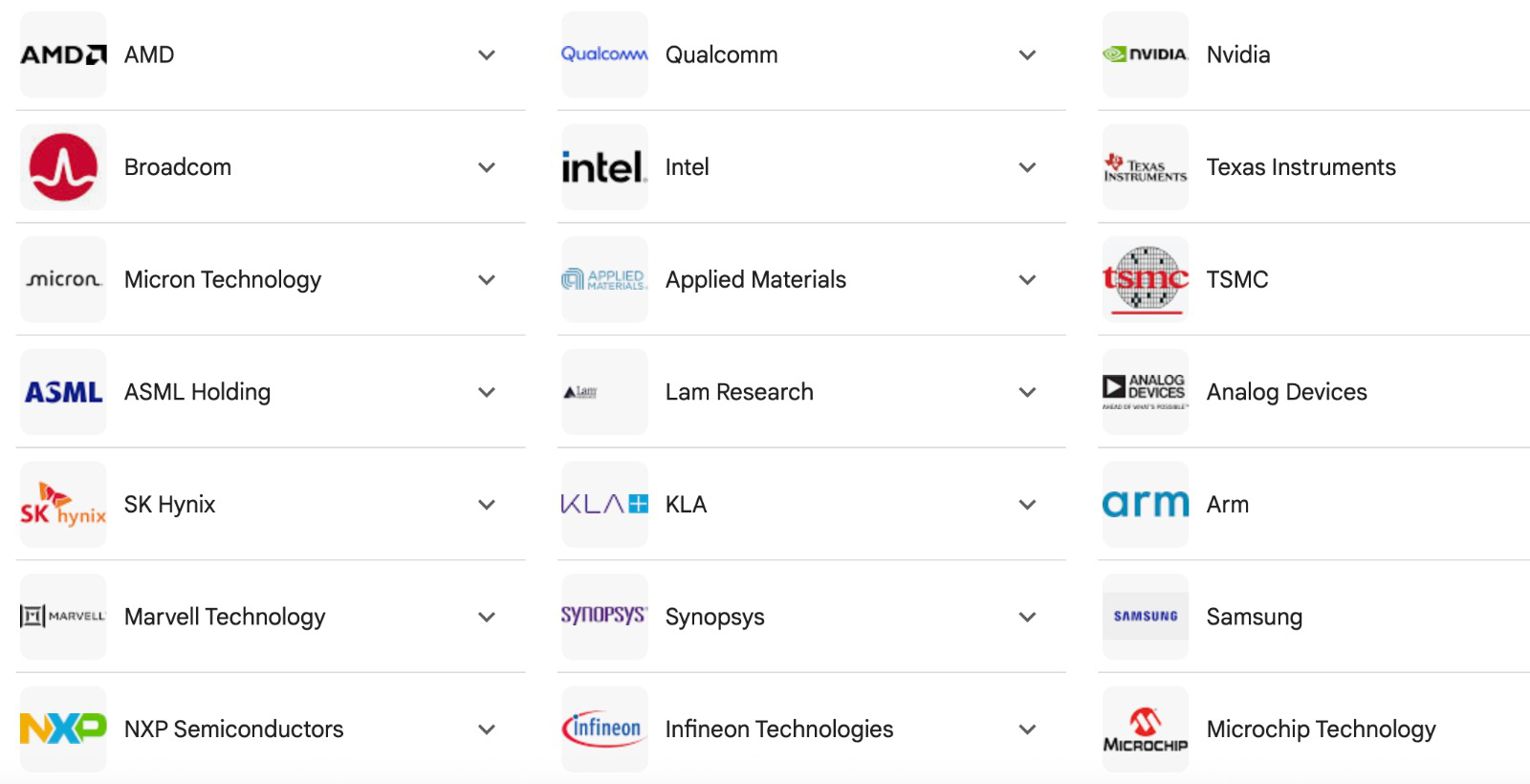
What is included in this course?
- Non-biased career guidance
- Counselling based on your skills and preference
- No repetitive calls, only as per convenience
- Rigorous curriculum designed by industry experts
- Complete this program while you work
I’m Interested in This Program
Courses
Other Courses You Might Be Interested In
Certificate
Rs. 65,000 + GST/-
Advanced Certification in Data Science and AI
Learn Data Science and AI from IIT Faculty with Campus Immersion @ IIT Roorkee
Certificate
Rs. ₹60,000 + GST*/-
Future-Ready Product Management with Applied AI Program
6 Months | 4-5 hours per week
 MASAI
MASAI
Certificate
Rs. 2,00,000 + GST/-
Executive Post Graduate Certification in VLSI SoC Design and Verification
12 Months
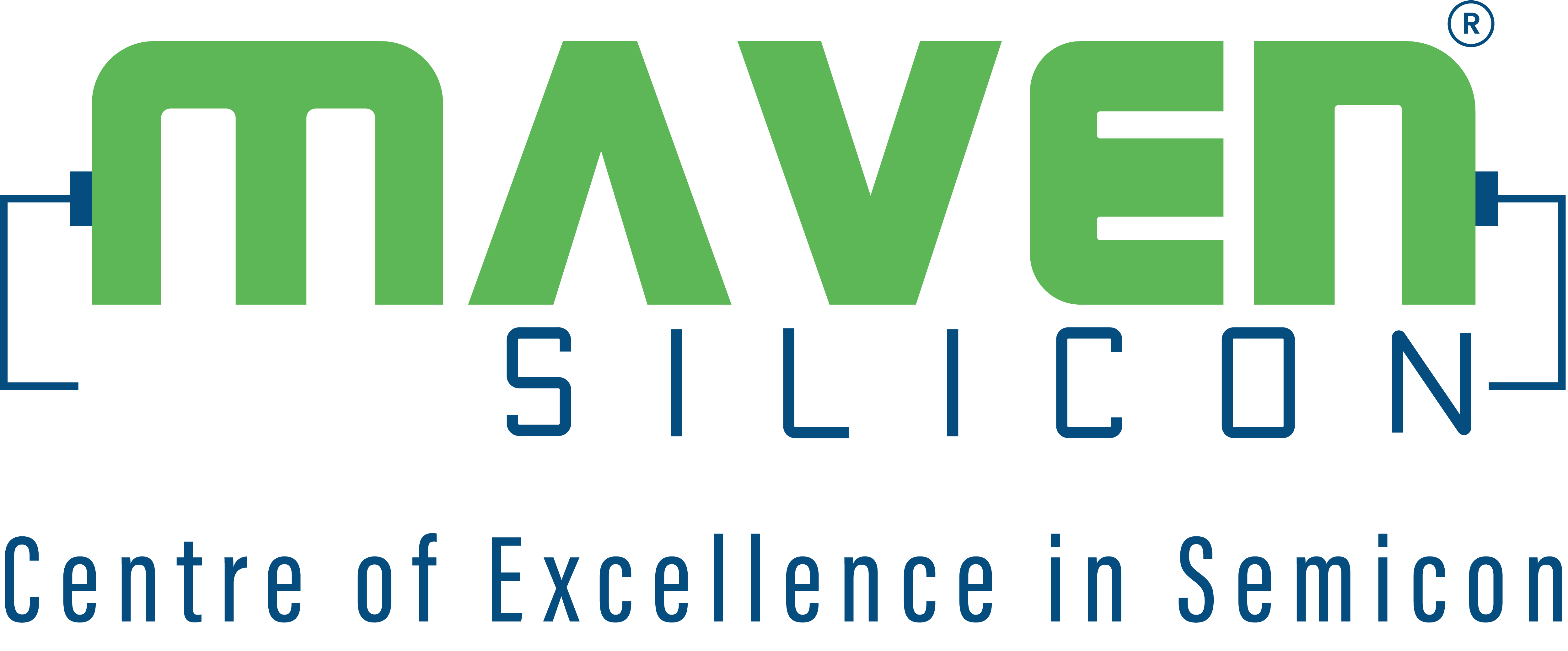 MAVEN silicon
MAVEN silicon


